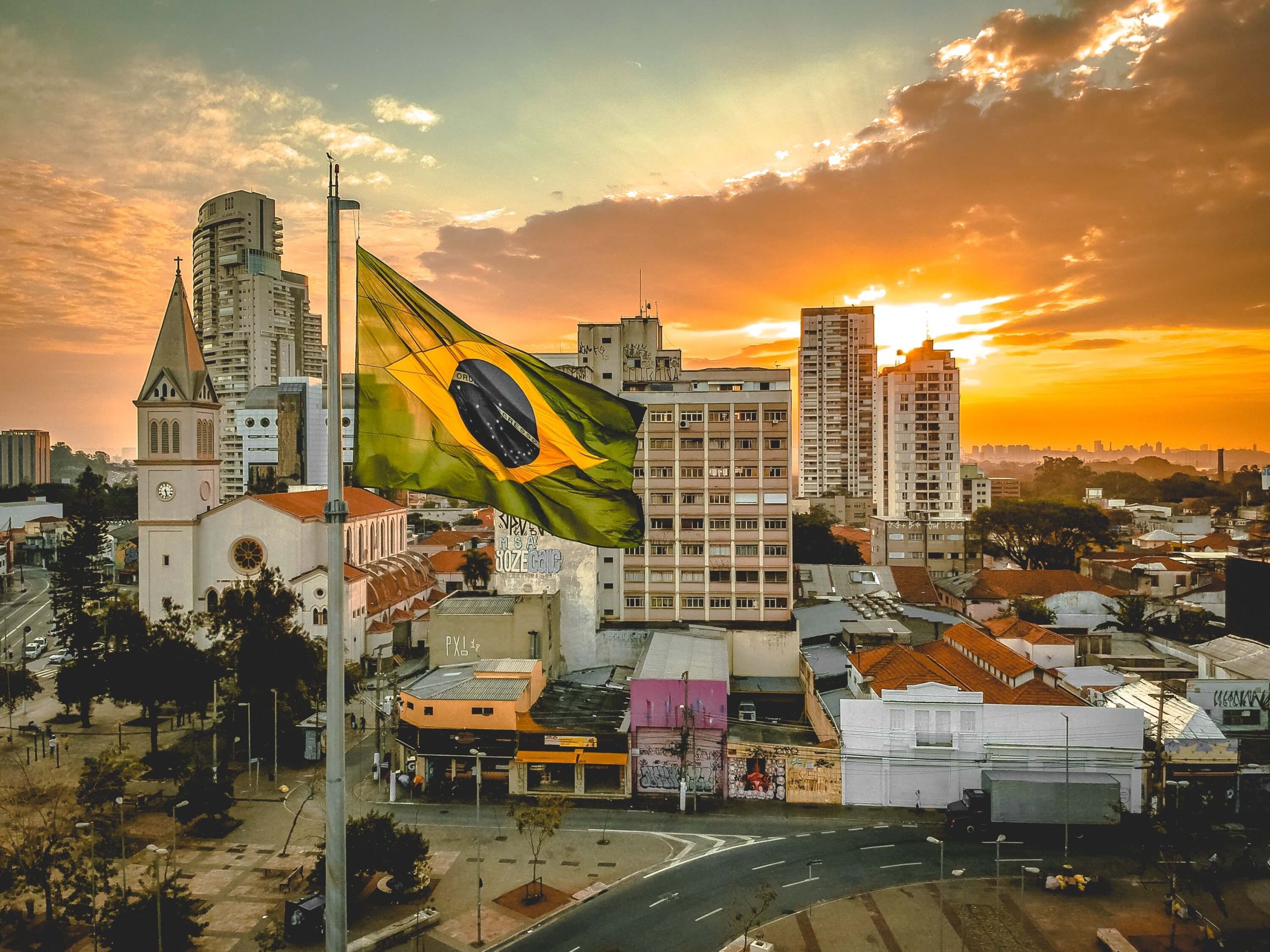What Languages Are Spoken in Brazil?

What is special about Brazil?
Brazil is the land of Samba and the largest country in South America with over 200 million people. Brazil is also considered one of the most diverse countries in the world, with many spoken languages.
The origins of “Brazil” as a name comes from a tree called brazilwood. The capital is Brasilia, and the largest city is Sao Paulo. Also, Brazil contains the largest part of the Amazon rainforest, with 60% located in the country.
The country is one of the most attractive tourist destinations in the world, with millions visiting it each year to experience the culture and the natural wonders.
In this article, we will explain what languages are spoken in Brazil and which one is the main language of this country, so let’s begin!
What IS the main language spoken in Brazil?
Brazil has an amazing linguistic landscape. It is a multicultural country, rich in diverse beauty, dialects, and languages.
The Official Language of Brazil
- Portuguese is the official language of Brazil and the most widely spoken language in the country with over 204 million native speakers and 97.9% of the population using it as a primary language. While different dialects exist within the country, Portuguese is the language that unites Brazilians in schools, business, entertainment, and the media. It is also a unique trait that makes Brazil stand out from other Latin American countries, as it is the only Portuguese-speaking country in the Americas!
Additional Reading: FIVE REASONS WHY YOU SHOULD LEARN PORTUGUESE, Click Here
What are the Other languages spoken in Brazil?
- German is the second most spoken language in Brazil by about 1.9% of the population. However, there is a difference between Brazilian German and European German, so speaking regular German in Brazil is not the best option. Hunsrückish German is deeply influenced by Portuguese and several indigenous languages and has a unique sound and vocabulary!
- Indigenous Languages date back to 1500 when Europeans arrived in what is now Brazil when the country was home to the Amerindian people. Between them, they spoke around 1,300 indigenous languages. Over the past 500 years, the number of these languages has dropped to around 274 languages, many of which are endangered, with each new generation speaking them less and less. These languages include Icuna, Kaingang, and Kaiwá Guarani.
- Spanish is widely spoken by Brazilians who live closer to the borders with Spanish-speaking countries such as Venezuela. Also learning this language is mandatory in the states of Rio de Janeiro and São Paulo, so 460,000 people speak Spanish in Brazil.
- English is not a popular language in Brazil in comparison to Spanish, German, and Italian as only 5% of the Brazilian population can communicate in English with about 10,425 million speakers from a total of 208 million. Not many Brazilians speak English outside of Rio de Janeiro or Sao Paulo. Also, in 2019 Brazil had its worst score on the English proficiency exam.
- Italian is the third most spoken language in Brazil. The Italian spoken in Brazil is different from that spoken in Europe, and even has its own name “Talian”. Talian is widely spoken in the Rio Grande do Sul, where it’s a co-official language in some municipalities.
- French is spoken by 30,000 native people living in Brazil. Most of them are located in Rio de Janeiro or São Paulo. Also if you visit the state of Amapá, which is located in the north and shares borders with French Guiana, you will find the French-speaking population is frequent. Only two years ago, the state of Amapá had more than 33,000 tourists, and 65% were French.
- Japanese is spoken widely in Brazil especially in Paraná and São Paulo, which are the largest Brazilian states to accommodate Japanese and Brazilian-Japanese citizens, following a wave of immigration that took place from 1908. Today, Brazil is home to the largest Japanese population outside Japan with around 1.5 million Japanese people living in this country. In São Paulo, there is a Japanese newspaper, which has been published since 1940.
Which Language Should You Speak if You Plan to Visit Brazil?

If you are a native English speaker who plans to visit Brazil, it is not the best option to rely on your native tongue alone, or English as it is not a popular language in Brazil. Portuguese will be the language you will need to speak when you visit Brazil!
Thankfully, Portuguese is considered one of the easiest languages for English speakers to pick up. So it is not a problem to learn the basics of this language before you visit Brazil.
There are 11 Fascinating Facts About the Portuguese Language…Read More
Please leave a comment below and let us know if you have any more questions about the languages spoken in Brazil.
